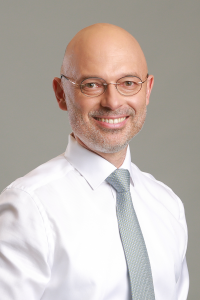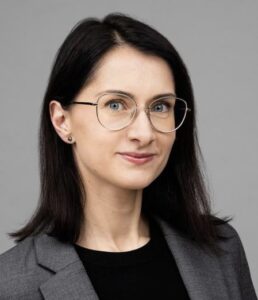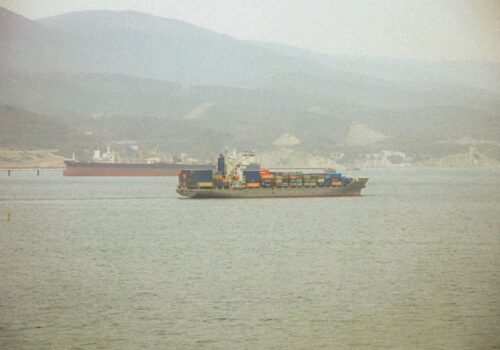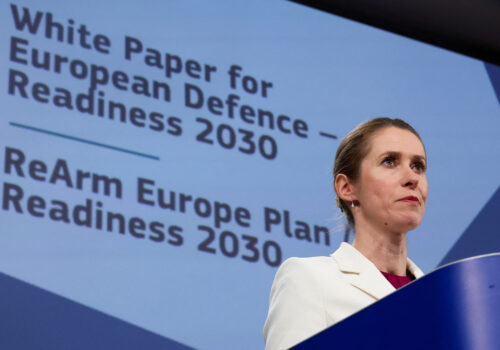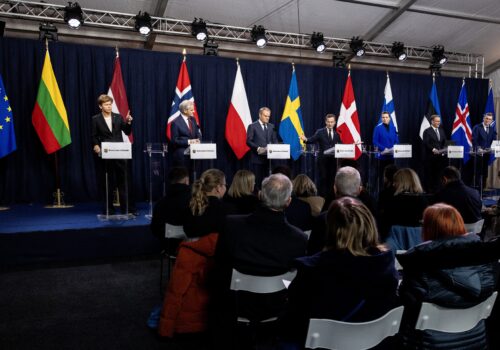On Thursday, May 1 at 1:00 p.m., the Atlantic Council’s Global Energy Center and Eurasia Center are co-hosting a hybrid discussion on the challenges of countering Russian hybrid warfare and protecting critical and energy infrastructure in the waters surrounding NATO countries.
As Russian underwater sabotage proliferates, NATO leadership is scrambling to determine how to protect the complex underwater systems that provide gas, electricity, and internet to Europe. Following the Nord Stream pipeline destruction and the repeated severing of the undersea fiber optic cables that carry the bulk of European data, Russian hybrid tactics have increasingly been considered a top threat amongst NATO allies. These acts of sabotage are not isolated incidents but are part of a broader Russian strategy to destabilize Europe and test NATO’s resolve as it wages its brutal war against Ukraine. Such attacks are only escalating—yet culpability is difficult to definitively trace, repairing damage is extraordinarily expensive, and resiliency and deterrence efforts have limited effectiveness against a persistent and adaptive threat.
Benjamin Schmitt, Michał Kurtyka, and Alan Riley provide timely analysis of this evolving challenge in their new report launched today, “Underwater Mayhem: Countering Threats to Energy and Critical Infrastructure Across the NATO Alliance and Beyond”.
Join us as the report authors present the report’s key takeaways, followed by a broader panel discussion analyzing the current trend of Russian physical sabotage of energy and critical infrastructure across Northern Europe. This discussion will bring together security and energy experts to analyze the underwater sabotage surge and explore the policies and technologies needed to defend critical infrastructure across NATO and beyond.
The University of Pennsylvania’s Kleinman Center for Energy Policy and Perry World House have supported the Underwater Mayhem project since its inception. The Kleinman Center is proud to be a thought partner for this Atlantic Council event.
To attend this conversation in person or virtually, please register using the form on this page.
For more information on visiting the Atlantic Council, please visit here.
Speakers
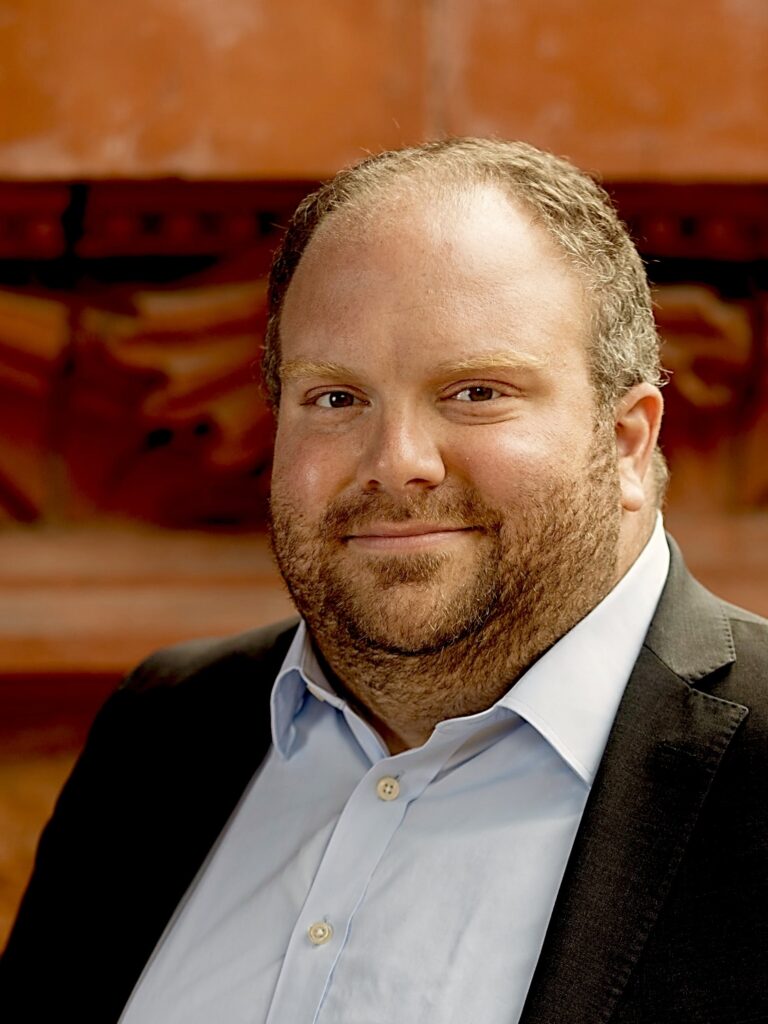
Benjamin Schmitt
Senior Fellow
University of Pennsylvania
Related content
Explore the programs

The Global Energy Center develops and promotes pragmatic and nonpartisan policy solutions designed to advance global energy security, enhance economic opportunity, and accelerate pathways to net-zero emissions.

The Eurasia Center’s mission is to enhance transatlantic cooperation in promoting stability, democratic values, and prosperity in Eurasia, from Eastern Europe and Turkey in the West to the Caucasus, Russia, and Central Asia in the East.
Atlantic Council TV
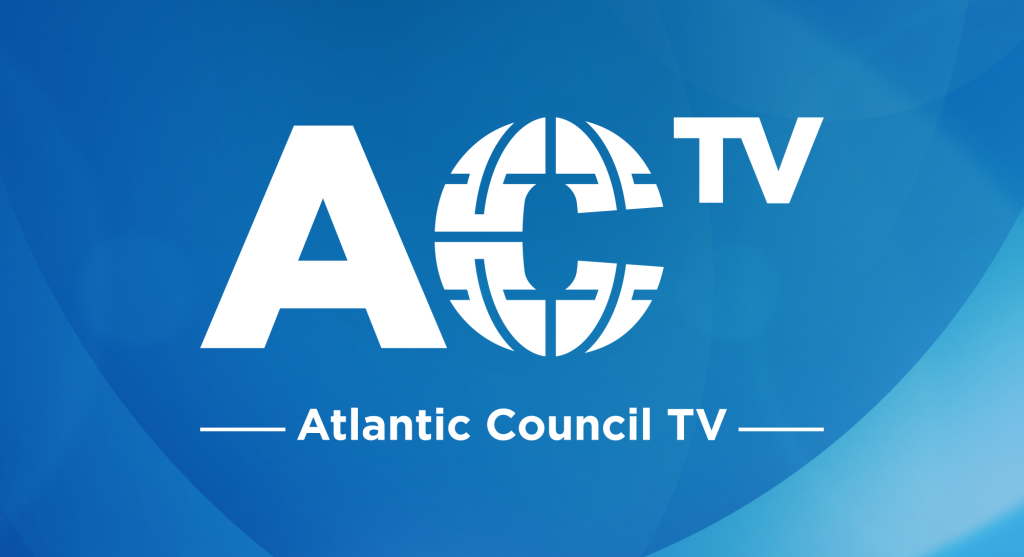
Watch this event and more content on ACTV
Follow the conversations shaping our world. Available on all major platforms.
